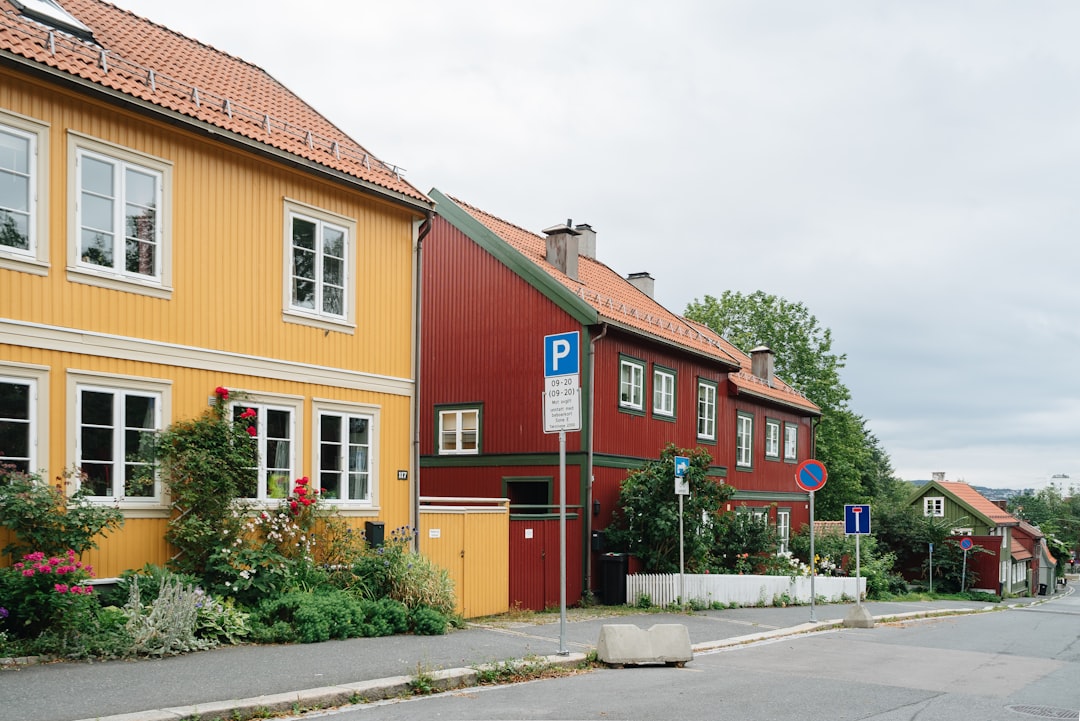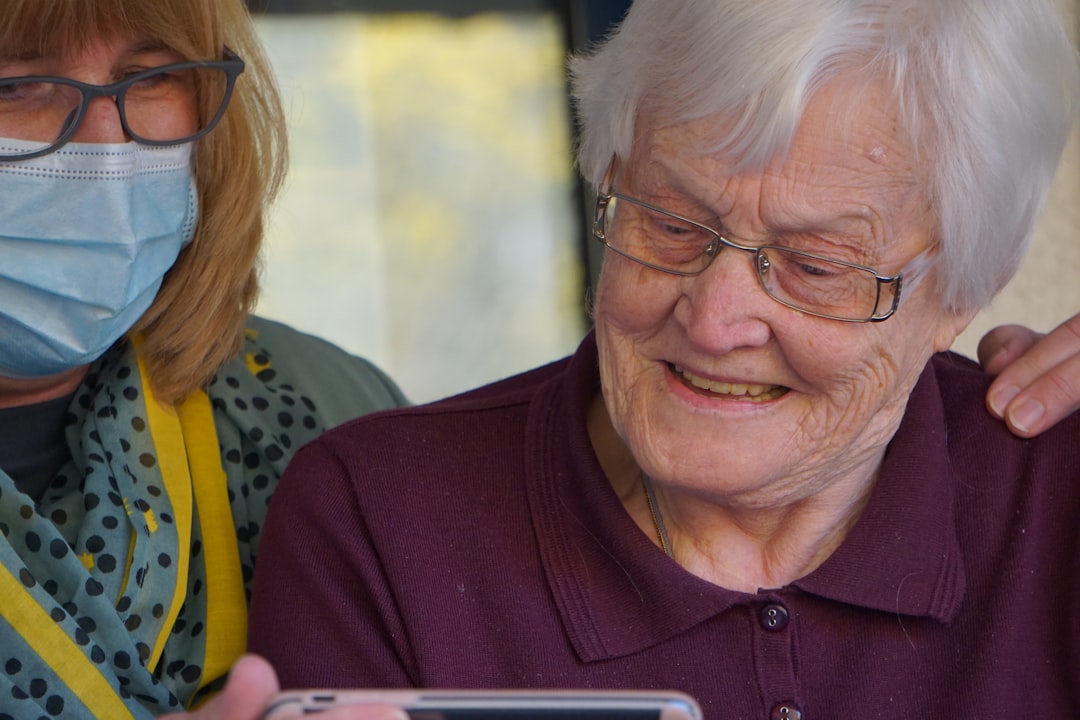Wellness Tips for Thriving in Retirement Communities

Retirement communities are becoming increasingly popular as individuals seek a vibrant lifestyle after decades of work. Embracing a fulfilling existence during retirement requires more than just leisure; it demands mindfulness in wellness and lifestyle choices. Let's delve into several wellness tips and lifestyle choices that can significantly enhance mental and physical health in these communities.
The Importance of Physical Activity
Staying Active Daily
Engaging in regular physical activity not only helps to maintain a healthy weight but also improves mobility, reduces the risk of chronic diseases, and elevates emotional well-being. I often recommend exploring various exercise options available in retirement communities, such as:
- Walking clubs that promote social interactions
- Water aerobics for low-impact strength training
- Yoga classes focusing on flexibility and mindfulness
Participating in these activities fosters a sense of community while keeping the body active.
Strength Training for Aging Gracefully
Strength training is often overlooked, yet it plays a significant role as we age. By incorporating weight resistance exercises two to three times a week, you can:
- Preserve muscle mass
- Improve bone density
- Enhance balance and coordination
These benefits not only contribute to better physical health but also help in preventing falls, which is a major concern among seniors.
Nourishing the Body: Nutrition for Wellbeing
Emphasizing Whole Foods
A well-balanced diet rich in whole foods can be the cornerstone of good health. I encourage focusing on:
- Fruits and vegetables, which are packed with essential vitamins
- Lean proteins, such as fish and poultry, to support muscle health
- Whole grains for sustained energy throughout the day
By prioritizing these food groups, you ensure your body receives the nutrients it craves while also maintaining a healthy weight.
Staying Hydrated
Hydration often gets neglected, but it's as vital for seniors as it is for any age group. Adequate water intake helps to regulate body temperature, maintain joint lubrication, and promote optimal cognitive function. Always have a water bottle within reach and aim to drink at least 8 cups a day.
Mental Health Matters
Staying Connected Socially
Maintaining social connections is crucial for mental wellness. Engaging in activities like book clubs, game nights, or communal gardening can foster friendships. These interactions not only alleviate feelings of loneliness but also stimulate mental agility through discussions and shared experiences.
Practice Mindfulness and Meditation
Mindfulness practices can greatly enhance emotional well-being. I find that meditation, even if just for a few minutes each day, can lead to lowered stress levels and improved focus. Consider joining a class or following online guides that cater specifically to seniors.
Lifelong Learning: Keeping the Mind Active
Pursuing New Hobbies
Retirement offers ample time for exploration and learning new skills. Whether it’s painting, playing an instrument, or learning a new language, pursuing hobbies stimulates brain function and contributes to overall happiness. Local cultures often provide classes tailored for seniors that not only teach but also create friendships.
Engage with Technology
Keeping up with technology can be an exciting way to stay connected with family and friends. I recommend exploring:
- Social media platforms to interact with loved ones
- Online courses to learn about topics of interest
- Virtual reality programs that offer new experiences from the comfort of home
These activities will help keep your mind sharp while enriching your life.
Restful Sleep: A Foundation for Health
Prioritizing Quality Sleep
Adequate sleep is integral to both mental and physical health. Seniors may face sleep disturbances due to various factors such as medication or changes in lifestyle. Establishing a consistent routine—like going to bed at the same time every night or engaging in relaxing pre-sleep activities—can lead to improved sleep quality.
Create a Sleep Sanctuary
Your bedroom environment plays a key role in how well you rest. Keep it dark, quiet, and at a comfortable temperature. Investing in quality bedding might seem trivial but can substantially elevate your overall sleep quality.
Building Community Connections
Volunteering Opportunities
Getting involved in local community services offers not just personal fulfillment but also strengthens social ties. Volunteering allows retirees to share their skills while fostering connections with younger generations—a win-win!
Organizing Events Within Communities
Taking initiative by organizing social events can encourage participation among residents. Whether it's planning potlucks or seasonal celebrations, creating opportunities for camaraderie enriches community life.
Key Takeaways for Thriving in Retirement Communities
- Stay physically active through exercise programs tailored for seniors.
- Emphasize whole foods and proper hydration in daily diets.
- Maintain strong social connections to foster mental wellness.
- Engage in lifelong learning through hobbies and technology.
- Prioritize restful sleep by creating conducive environments.
- Contribute to community well-being through volunteering and organizing events.
Implementing these actionable tips can dramatically enhance quality of life during retirement, enabling each individual to thrive mentally, physically, and emotionally. Starting today means embracing possibilities tomorrow! Additionally, exploring resources such as stscholasticas.co.uk may provide further insights into various aspects important for thriving within retirement communities.




